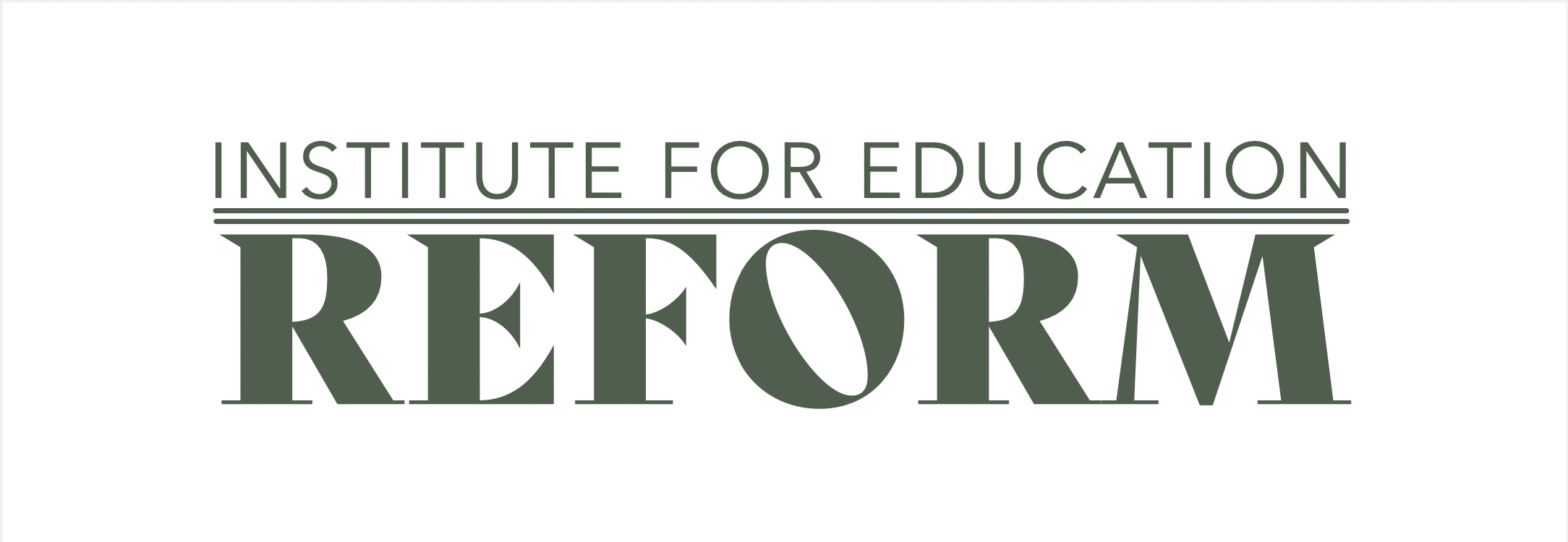This excellent article by author Phillip K. Howard highlights some of the critical differences between trade unions and collective bargaining by public sector employees.
“Government bargaining, however, is radically different from trade union bargaining:
A trade union must honor efficiency, or else the jobs are lost when the business moves out of town or fails. Government can’t go out of business or move, so public employee bargaining is aimed at creating deliberate inefficiencies to foster more jobs.Multi-hundred-page contracts that are designed for featherbedding and overtime excesses. Taxpayers must foot the bill.
Trade union bargaining is limited to dividing the pie of profit between capital and labor. There is no profit in government, so the scope of government bargaining has no defined limits. Again, the taxpayers must pay.
In trade union bargaining, it would be unlawful for management to collude with a complicit workers group. In government bargaining, overt collusion is how the game is played. In exchange for huge union campaign support, politicians agree to give unions control over public operations and pensions. As unions like to say, “we elect our own bosses.” At a rally with public unions, New Jersey’s then-Governor Jon Corzine called out that “We will fight for a fair contract!” Who was he going to fight? Collective bargaining with government unions is not a real negotiation. It’s a pay-off.
For fifty years, government union controls have gotten ever-tighter. Unlike all other interest groups, government unions have a binding contractual veto over how government operates, and are first in line for public resources. They keep it that way with preemptive political force. Stanford political scientist Terry Moe found that in 36 states teachers unions contributed more than all business groups combined.”
No one elected teacher unions to exercise control over public education. Unions operate free from accountability, all while leeching money out of school districts to impose a radical political agenda. Often, the only braking mechanism on unions is public outrage, which they (sometimes) make an effort to avoid by shrieking that union aims and the teachers’ best interest are fully aligned. That, and hiding the fleecing of taxpayers through phonebook-sized contracts with opaque wording.
Union controls serve only to transfer governing authority to union officials, who exercise that authority mainly to pad public employment and insulate government workers from supervisory judgments.
Public unions have turned public operations into a permanent spoils system: Unions have control over public operations and have insulated public employees from accountability, no matter how poorly they perform. That’s why democratically-elected leaders almost never fix what’s broken.
